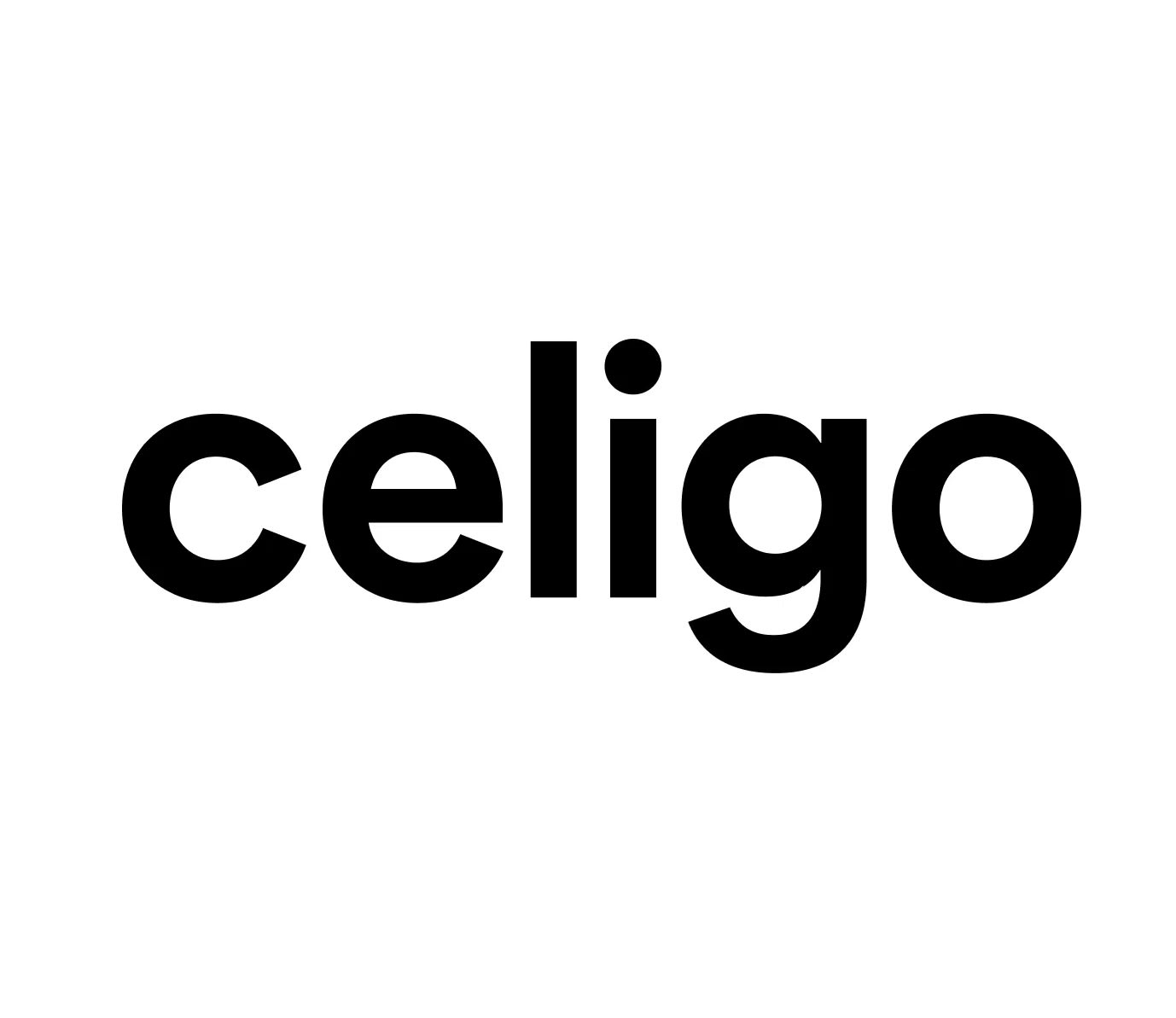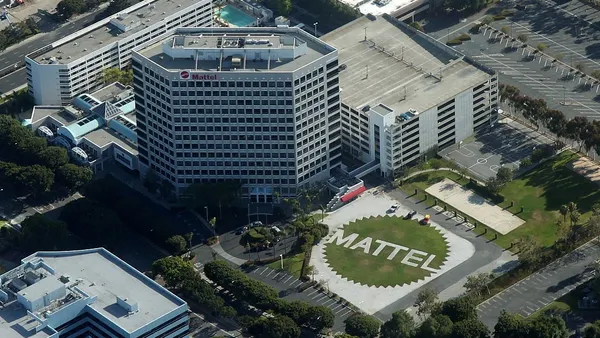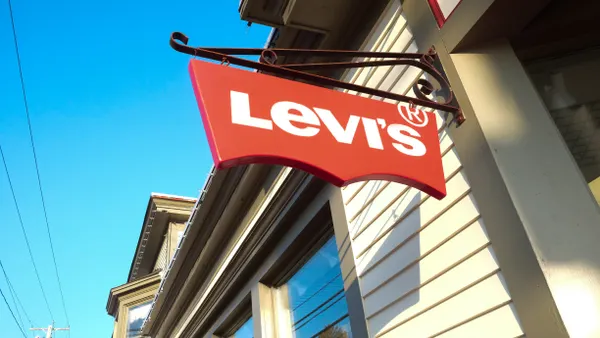Dive Brief:
-
On Friday, Patagonia, Lush and several other retailers shuttered stores in solidarity with students leaving classrooms to stage demonstrations in support of climate change action. Lush also closed its U.S. retail and e-commerce operations for the day, according to a company blog post and information emailed to customers.
-
In a Sept. 12 LinkedIn post announcing the move, Patagonia CEO Rose Marcario had strong words for companies that don’t take meaningful action. "The plain truth is that capitalism needs to evolve if humanity is going to survive," she wrote, calling on JPMorgan Chase & Co., Amazon, General Motors "and other members of the Business Roundtable" to "follow through and walk the talk."
-
The move comes amid evidence that younger U.S. consumers — 31% of Gen Z and 27% of millennials (compared to 16% of Gen X and 13% of baby boomers) — expect brands to "use their influence to impact political and cultural issues," according to a Morning Consult report released Monday and emailed to Retail Dive.
Dive Insight:
As consensus among youth globally builds toward addressing climate change and other social issues, business is increasingly stepping into a vacuum left by governments unwilling or unable to take action.
The environmental calamity known as "climate change," a shift in climate patterns that began in the last half of the 20th century and is attributed by most scientists to elevated carbon levels produced by using fossil fuels, is spurring the political movement.
In her post, Marcario called it "a clear and present danger to our health, our pocketbooks and our employees and their families," and likened the reluctance of government and business to take action to "the fake science paid for by tobacco companies that for years denied the link between smoking and cancer."
But she also positioned action as savvy business, arguing that solutions "create jobs and are cost effective" and fit both with science and market forces.
In fact, market forces are emerging as particularly potent for any business courting the massive millennial cohort and other younger consumers. Still, while it may be younger consumers who expect businesses to do something about a climate situation that they increasingly see as threatening their future, a great proportion of all generations in the U.S. approve of "brands who champion environmental initiatives," according to the Morning Consult research.
When it comes to company policies, consumers approved of internal initiatives that promote sustainable practices. "Generations are united when it comes to approving of companies who are environmentally responsible," according to the report, with Boomers the most favorable (+83 net point margin), followed by Gen X (+65), Gen Z (+55) and millennials (+51).














